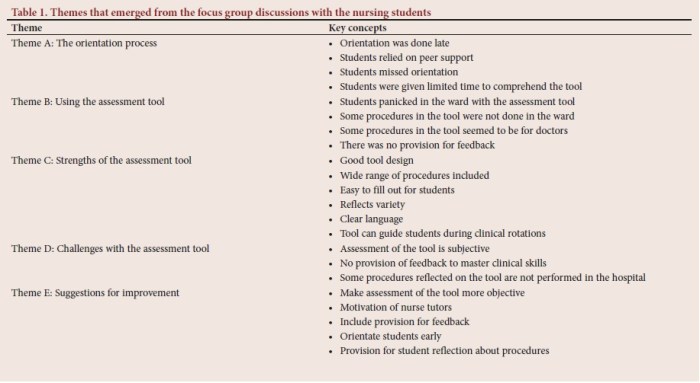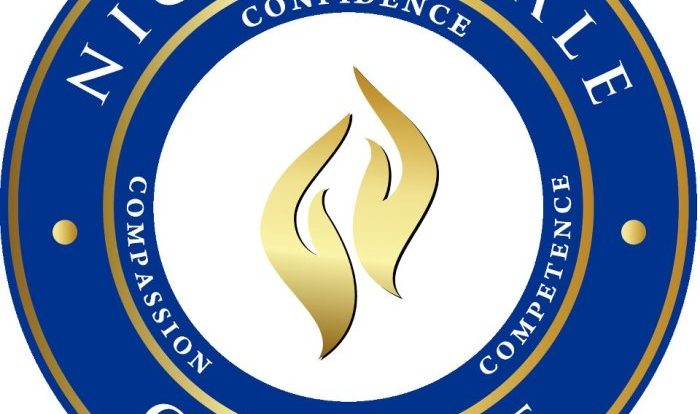If a resident faints the na should – Understanding the appropriate response to a resident fainting is crucial for ensuring their safety and well-being. This article explores the emergency response protocol, potential causes, prevention measures, treatment options, and communication guidelines for fainting incidents.
When a resident faints, it is essential to remain calm and follow a systematic approach to provide timely assistance and prevent further complications.
Emergency Response Protocol

When a resident faints, it is important to follow a specific emergency response protocol to ensure their safety and well-being. This protocol includes checking for responsiveness, calling for help, and providing immediate first aid.
The following table summarizes the emergency response protocol for fainting:
| Action | Timeline | Responsible Party |
|---|---|---|
| Check for responsiveness | Immediately | Caregiver or staff member |
| Call for help | Within 1 minute | Caregiver or staff member |
| Provide first aid | While waiting for help | Caregiver or staff member |
Causes of Fainting

Fainting, also known as syncope, is a temporary loss of consciousness caused by a brief interruption of blood flow to the brain. There are many potential causes of fainting, including:
- Dehydration
- Low blood sugar (hypoglycemia)
- Heart problems
- Neurological disorders
- Medications
- Heatstroke
- Emotional stress
In some cases, fainting may be a sign of a more serious underlying medical condition, such as:
- Cardiac arrhythmia
- Epilepsy
- Stroke
- Aortic stenosis
- Vasovagal syncope
Prevention Measures
There are a number of things that can be done to prevent fainting, including:
- Staying hydrated by drinking plenty of fluids throughout the day
- Eating regular meals to avoid low blood sugar
- Avoiding triggers that may cause fainting, such as heat, crowds, or standing for long periods of time
- Exercising regularly to improve circulation
- Getting enough sleep
- Managing stress
In some cases, medical interventions may be necessary to prevent fainting, such as:
| Lifestyle Modification | Medical Intervention |
|---|---|
| Losing weight if overweight or obese | Medications to treat heart problems |
| Quitting smoking | Pacemaker or implantable cardioverter-defibrillator (ICD) |
| Limiting alcohol intake | Surgery to correct heart defects |
Treatment and Recovery

The treatment for fainting depends on the underlying cause. In most cases, fainting is a temporary condition that does not require medical treatment. However, if fainting is frequent or severe, it is important to see a doctor to rule out any underlying medical conditions.
First aid measures for fainting include:
- Laying the person down and elevating their legs
- Loosening tight clothing
- Giving the person something to drink, such as water or juice
Most people recover from fainting within a few minutes. However, it is important to rest for a while after fainting to allow the body to recover fully.
Essential FAQs: If A Resident Faints The Na Should
What are the most common causes of fainting?
Dehydration, low blood sugar, and heart problems are common causes of fainting.
What are some tips for preventing fainting?
Staying hydrated, eating regularly, and avoiding triggers can help reduce the risk of fainting.
What should I do if a resident faints?
Check for responsiveness, call for help, and follow the emergency response protocol.


